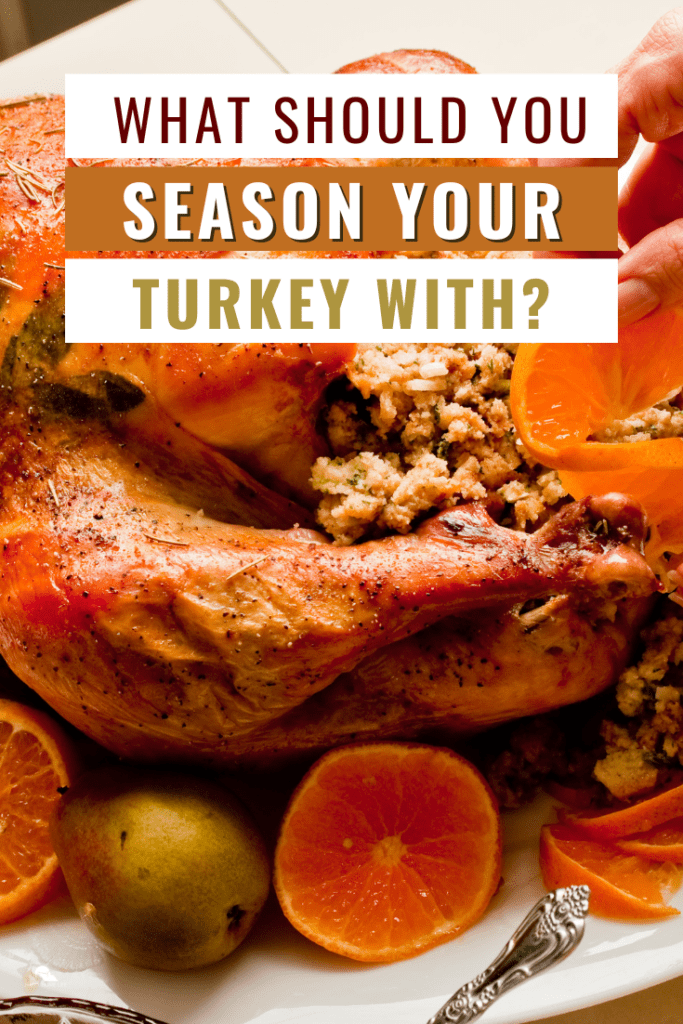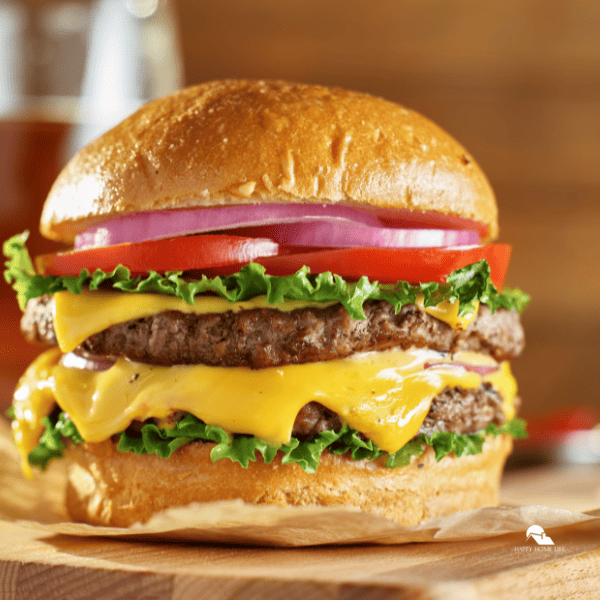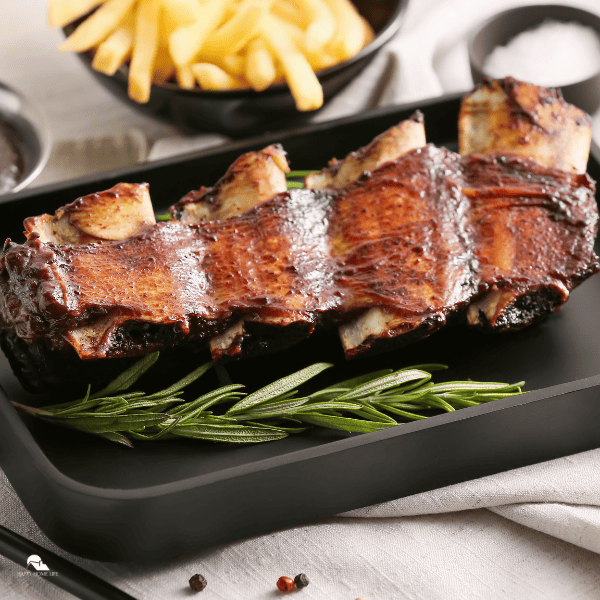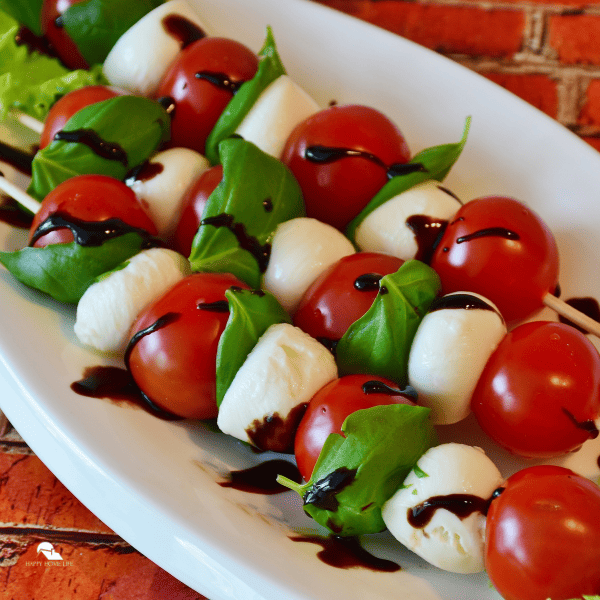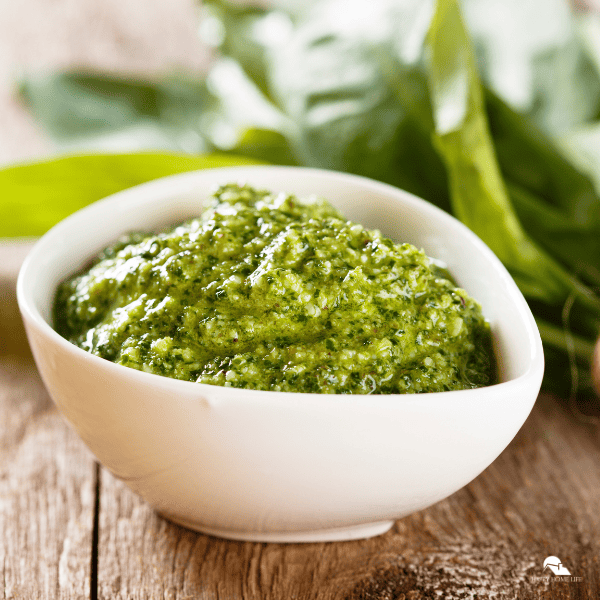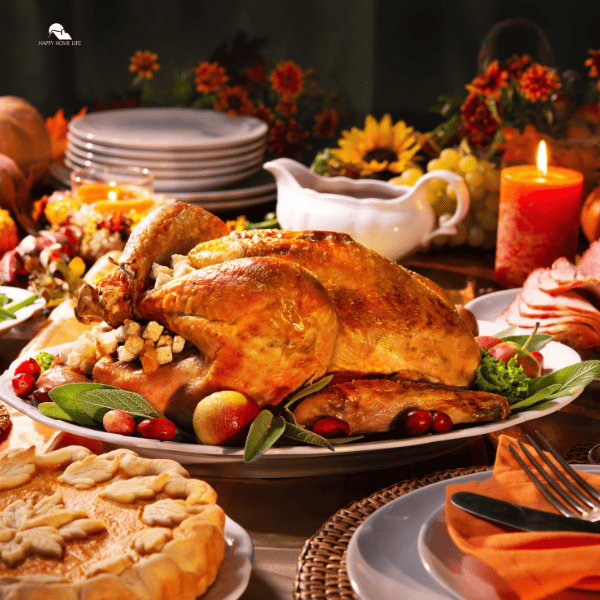When it comes to turkey, there are a lot of different ways that you can season it. Some people like to keep it simple with salt and pepper, while others like to get a little more creative.
Salt and pepper are the best seasoning additions when flavoring food. But you can go beyond these fundamentals by including turkey-friendly fall herbs like rosemary, thyme, oregano, garlic powder, chili powder, smoked paprika, and sage. In addition, your preferred seasoning blends might let you explore new possibilities.
[fluentform id=”2″]
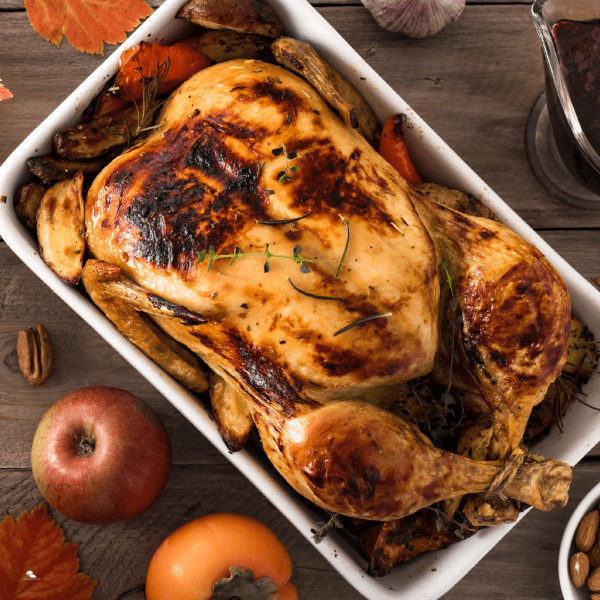
Should I season my turkey before cooking?
Some people like to season their turkey with salt, pepper, and other spices before cooking, while others prefer to cook the turkey unseasoned and then add gravy or different sauces afterward. There are benefits and drawbacks to both methods.
Seasoning the turkey before cooking can help to lock in flavor and juices, making for a moister and tastier bird. However, it’s important not to overdo it on the seasoning, as this can result in a too salty or spicy bird. It’s also worth noting that some people find that pre-seasoned turkeys don’t always hold up well when reheated, as the spices can become more concentrated.
Cooking a turkey without seasoning it first gives you more control over the flavor of the final dish.
You might like these Thanksgiving posts:
- How Much Pie for Thanksgiving?
- How Much Food Do I Need For Thanksgiving Dinner?
- How Many Side Dishes Should You Have for Thanksgiving?
Should I season my turkey skin?
Seasoning your turkey skin can help to lock in moisture, making for a juicier bird. It can also give the skin a crispy texture that some people prefer. However, going too heavy on the seasoning can make the skin taste burnt or bitter.
If you decide to season your turkey skin, experiment with different spice combinations until you find one you like. A little salt, pepper, and sage is a classic combination that goes well with most turkeys.
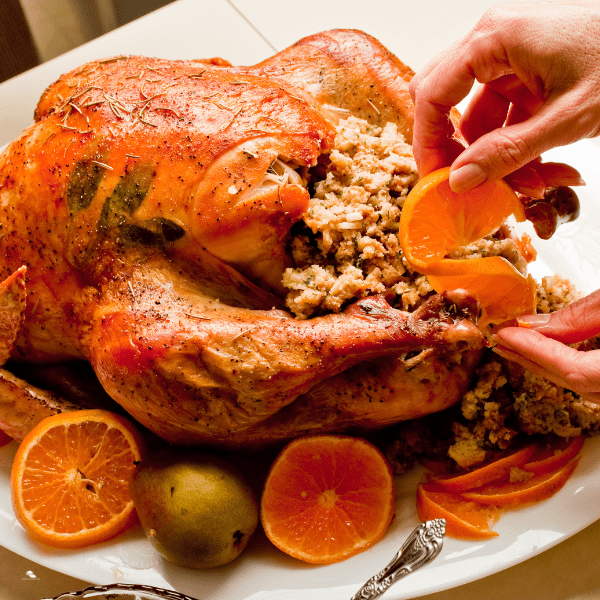
Can you over-season turkey?
No, you cannot over-season turkey. Seasoning is key to making any dish taste great, and turkey is no exception. The best way to ensure your turkey is seasoned correctly is to start with a good quality spice blend and add additional spices as needed. When it comes to seasoning turkey, less is more. You don’t want to overdo it and end up with a too salty or spicy bird. If you’re unsure how much seasoning to use, err on caution and add a little bit at a time until you reach the desired flavor.
How do you add flavor to turkey?
Adding flavor to turkey can be tricky, but with the right spices and seasonings, it can be easy to make a delicious and flavorful bird. The key is to start with a good quality turkey, then add a combination of fresh herbs, spices, and aromatics. If you’re looking for some inspiration on how to add flavor to your turkey, here are a few ideas to get you started.
Brine
By soaking the turkey in a saltwater solution, the meat becomes more flavorful and moist throughout its entirety. The most basic brine is simply seawater, but we enjoy including herbs and spices to provide the turkey with as much flavor as we can.
Marinade
If you want a roast that has taste throughout the entire thing, try marinating your turkey in a mixture of stock, spices, and lemon juice. Like brining, your turkey has to soak in the marinade’s mouth-watering flavors for a few hours.
Beer
You can flavor your Thanksgiving turkey with beer. Instead of brushing your bird with pan drippings, use your favorite beverage. There’s no need to go overboard with anything spectacular, but make sure the beer is something you’d enjoy drinking.
Glaze
Another quick and straightforward approach to flavor the turkey is with a basic glaze, which also results in crispy skin. Just use a pastry brush to coat the turkey with the glaze before placing it in the oven, and repeat this process every 30 minutes until the bird is cooked through. Cider, malt, apricot, citrus, mustard, and slightly sweet molasses-soy flavors are some of the favorites.
Bacon
Uncooked, thick-cut bacon wrapped around a turkey makes a crispy, delicious crown, and the continuous flow of released fat keeps the bird moist throughout cooking.
Mayonnaise
Crack open a jar of store-bought mayonnaise to achieve that slightly crunchy, intensely golden brown exterior. Every time, picture-perfect skin results from spreading a generous layer of the creamy stuff on just before the bird goes into the oven.
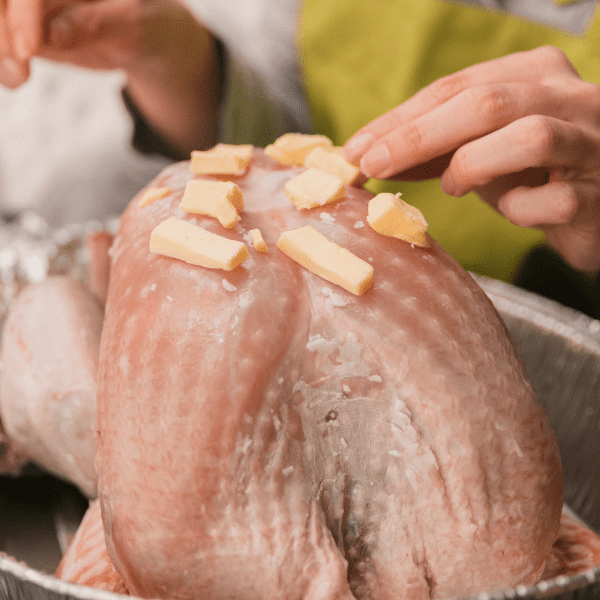
Should I put butter under the skin of my turkey?
Some people swear to put a layer of butter between the skin and meat of the turkey before cooking. They say that it keeps the meat moist and adds flavor. Others argue that butter is unnecessary and can make the skin less crispy.
So, what’s the best way to prepare your turkey? Ultimately, it comes down to personal preference. If you do decide to use butter, be sure to use a light hand. A little bit goes a long way when flavoring and lubricating your turkey. But, on the other hand, you don’t want your finished product to be weighed down by too much butter.
